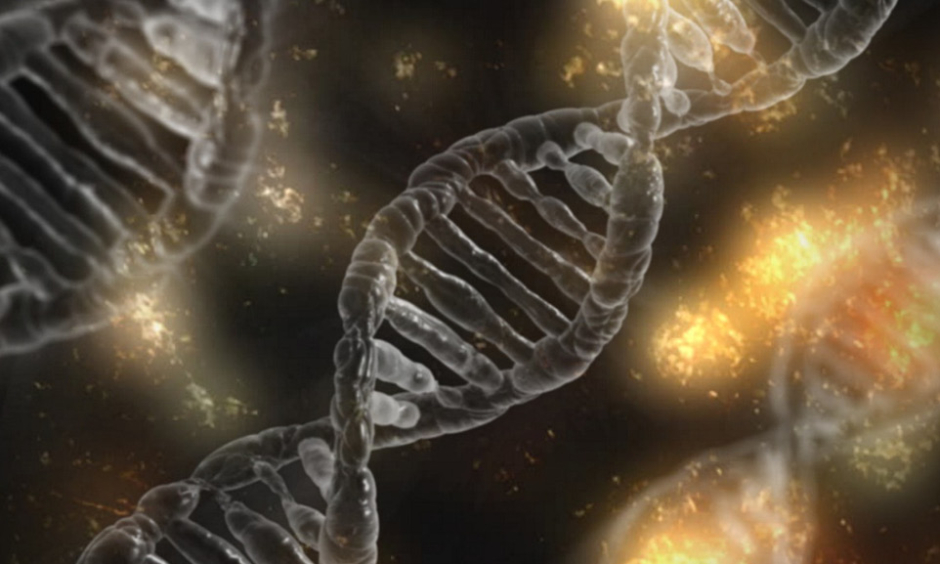One-third of the worldwide deaths relating to cardiovascular disease (CVD), such as heart attacks and strokes are due to the accompanying atherosclerotic narrowing of arteries. Risk factors include dyslipidaemia, hypertension, diabetes, obesity, smoking, physical inactivity and read meat consumption. However, in approximately 15% of first-time CVD events due to atherosclerosis, none of these factors apply. In contrast, Professor Nissi and Ajit previously noted that despite this some animals including the closely related chimpanzees in captivity who share the same risk factors, coronary events due to atherosclerosis are extremely rare.
The researchers also highlighted that red meat associated enhancement of CVD does not appear to occur in carnivorous mammals. In this regard, heightened CVD risk could be intrinsic to humans. This sparked their interest to consider genetic changes in our evolution which may have contributed to our heightened susceptibility. In a new study, Professor Nissi and Ajit researchers at University of California San Diego School of Medicine suggest that “the loss of a single gene two to three million years ago in our ancestors may have resulted in a heightened risk of cardiovascular disease in all humans as a species”.
In their study, mice designed to lack the sialic acid N-glycolylneuraminic acid (Neu5Gc), similar to humans, displayed a significant increase in atherogenesis compared to the control mice who retain the cytidine monophosphate-N-acetylneuraminic acid hydroxylase (CMAH) gene. Their study has led them to believe that humans show a species-specific deficiency of Neu5Gc which may stem from a mutation resulting the inactivation of CMAH in hominin ancestors millions of years ago. The human like elimination of CMAH and Neu5Gc in the test mice resulted in ~ 2-fold increase in atherosclerosis stemming from elevated macrophage cytosine expression and enhanced hyperglycaemia. Ajit states that “This may help explain why even vegetarian humans without any other obvious cardiovascular risk factors are still very prone to heart attacks and strokes, while other evolutionary relatives are not.”
Further findings from the study showed that mice lacking CMAH on a high red meat diet, which is high in Neu5Gc, displayed a further ∼2.4-fold increase in atherosclerosis which could not be explained by lipoprotein or glucose changes. Ultimately, the humanized mice model presented displayed that the human evolutionary los of CMAH likely contributes to atherosclerosis intrinsically and extrinsically. Future studies could consider exploring the mouse model for future atherosclerosis studies.








